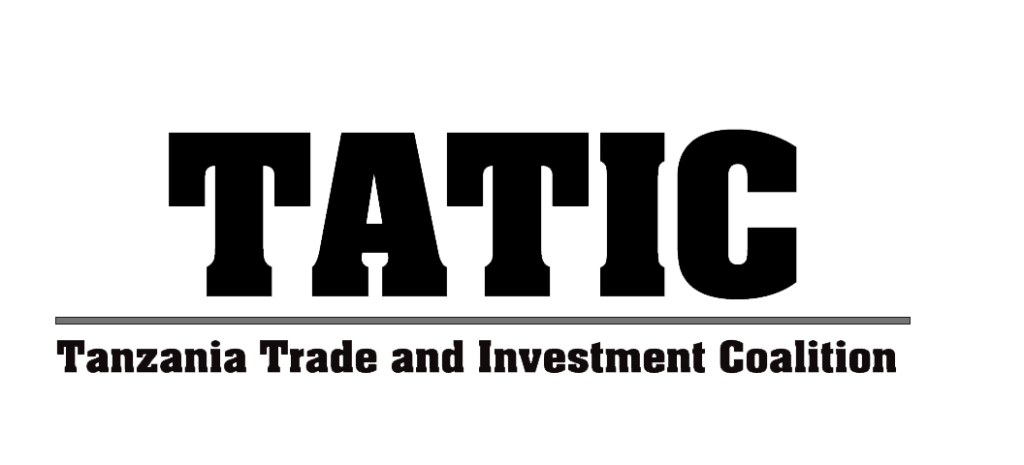
Legal frameworks governing FDI refer to the rules, regulations, and institutions that govern the admission, establishment, operation, and winding up of FDI. Legal frameworks governing FDI can be viewed as risk-allocation tools—they institutionalize which risks are allocated to the host state and the public and which are to be borne by the investor. For example, a contract between an investor and the government may specify myriad ways of how market, economic, technological or other risks are distributed between the parties. National laws and international treaties can also play this role. There are three main sources of investment law and governance: national laws, investment treaties, and investment contracts. While this guide focuses specifically on treaties, national laws and contracts are just as important when assessing the relationship between the government, the public, affected communities and individuals, and investors.
